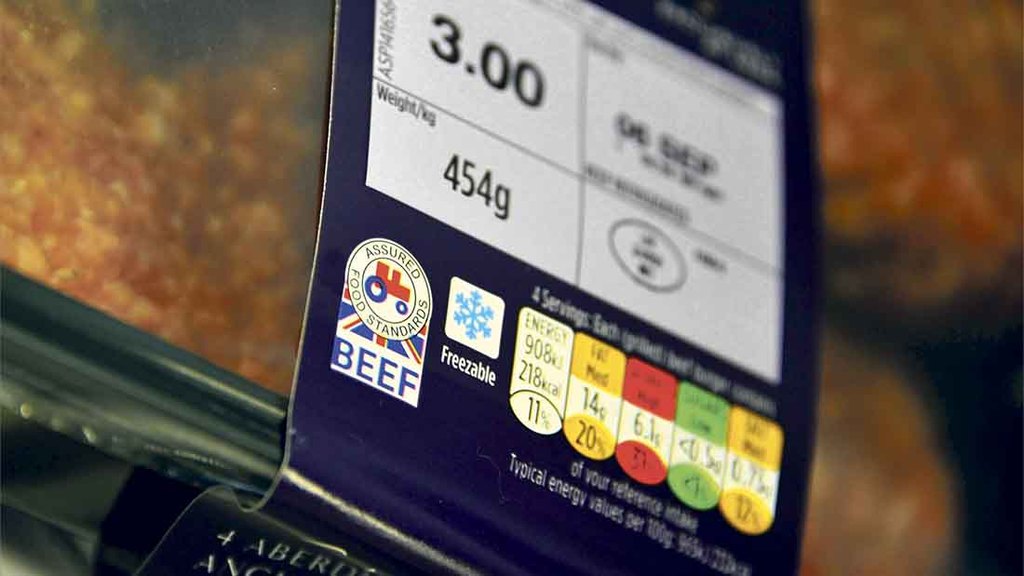You’ve probably all seen those red tractor logos on a large amount of food you walk past in the supermarket. You can find it on meat, dairy, grains, fresh produce, and pretty much anything else you can think of. But what does it actually mean? Well, until recently, not a lot. Which if you use it as a guide to buying ethically, is not good news.
The Red Tractor, or Assured Food Standards as it’s formally known, was founded in 2000 to allow consumers to buy food that was produced responsibly. The company states that they know all the farms and therefore know where all the food comes from. This means, in theory, that they are able to monitor the welfare of animals, the hygiene standards of animals and crops, and ensure that the food can be traced. However, there has been speculation over the legitimacy of the Red Tractors’ claims since 2010. In a report published by Compassion in World Farming, it was noted that farms under the Red Tractor scheme allowed the docking of pig’s tails without anaesthetic, zero-grazing of dairy cows, less space for animals to live in, and tethering of sheep and cattle. These poor conditions can lead to a number of issues like tail biting in pigs, commonly caused by stressful environments and seen on a number of Red Tractor farms.
In June 2018 footage was released of piglets being abused at a farm that had recently passed its Red Tractor inspection.
In June 2018 footage was released of piglets being abused at a farm that had recently passed its Red Tractor inspection. Not only were piglets being swung about by their legs, the adults were kept in very close quarters without enough space to move. If this wasn’t enough, undercover footage found that the adults off to the slaughterhouse were being ‘encouraged’ to move using an electric rod, not only against Red Tractor standards, but also a violation of the Welfare of Animals Order (1997). So how did this farm manage to pass what is supposedly one ‘of the most comprehensive and respected standards in the world’ according to the Red Tractor itself? Well, it may be because out of Red Tractors’ 60,000 affiliated farms, it only inspects about 50 or 0.08% unannounced. Most of the farms receive an inspection date, meaning they only maintain the highest welfare standards for the day they are inspected. The other 364 days a year they can essentially get away with doing with anything they want, whatever it takes to reduce costs. Not an ideal system for a company that is meant to be a good indicator of welfare.
Searching for the RSPCA logo or the Soil association logo may be a better way of ensuring you food is produced ethically.
However, in the aftermath of the scandal the Red Tractor company have reformed. You may have seen an advert for their work on telly recently as part of their rebranding. Their website states that ‘Behind the Red Tractor is peace of mind’ and with animal welfare groups applying pressure hopefully they will improve their inspections and therefore their standards. However, until such time as standards are fully improved, searching for the RSPCA logo or the Soil association logo may be a better way of ensuring you food is produced ethically. The RSPCA logo is a good demonstrator of welfare standards; for a farm to be approved by the RSPCA there can be no intensive farming and animals must be provided with enrichment. The soil association holds the highest standards of ethical production, but as they require it to be organic approved food can be a bit pricier. Investigations into it by Compassion in World Farming have found it to be the best guarantee of animal welfare standards. So, if you want to buy food that has pristine welfare standards, the soil association is the best, but accounting for a student budget, RSPCA accreditation is the next best thing.
Laura Krusin
image source: https://www.fginsight.com/

